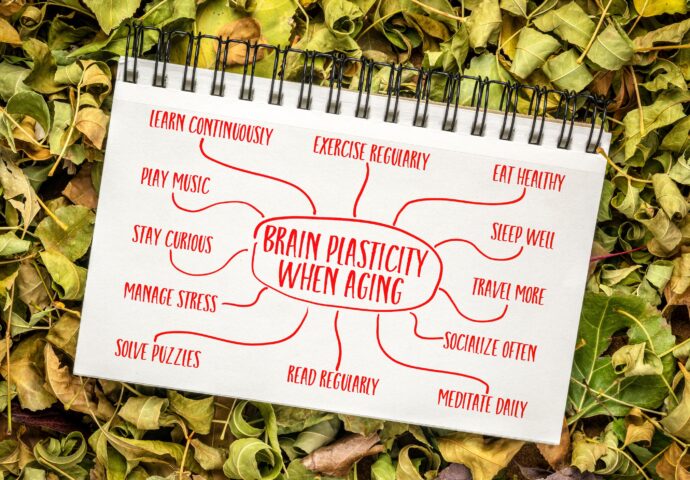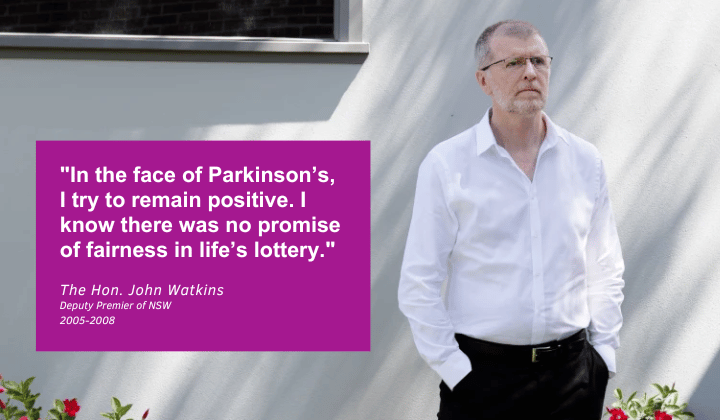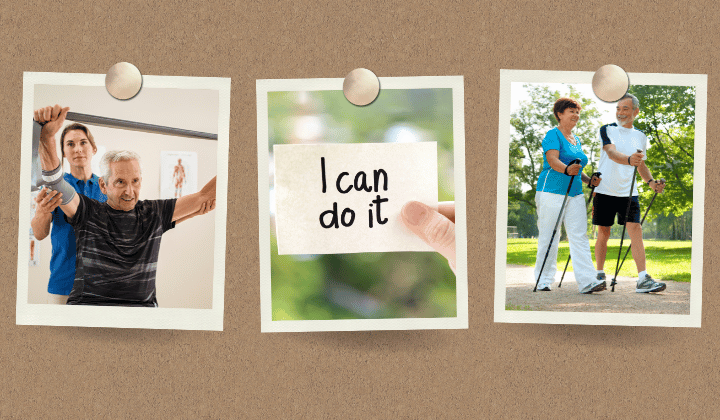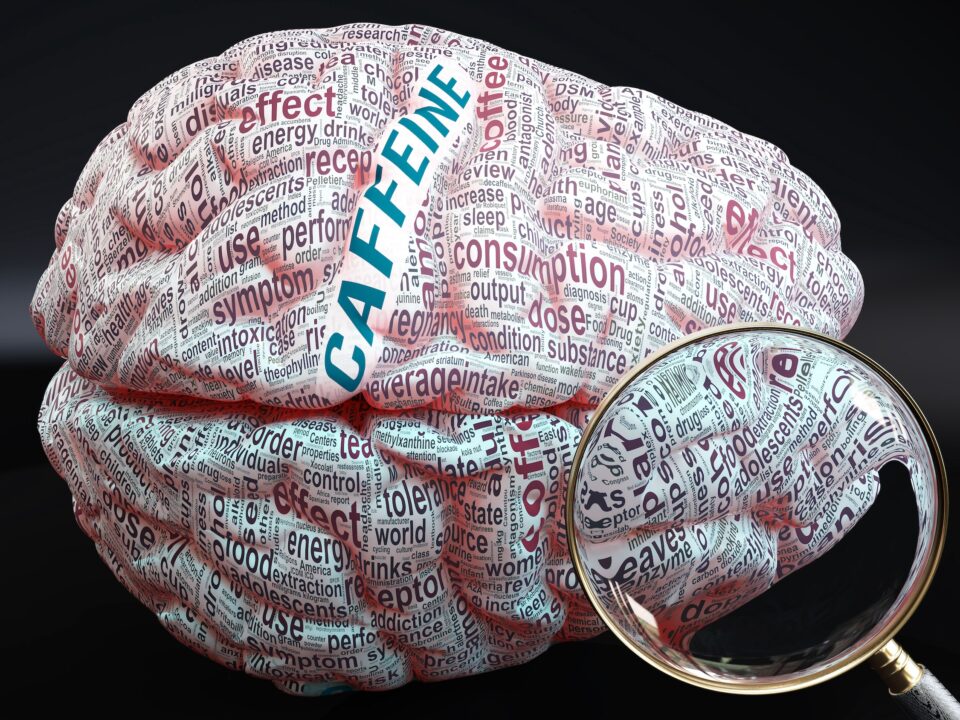How to Boost your Cognitive Fitness
PET Scans and Biomarker can Detect Parkinson’s up to 30 Years Before Symptoms Appear
29th July 2024
World Parkinson Congress 2026 Scheduled
31st July 2024How to Boost your Cognitive Fitness

How to Boost your Cognitive Fitness
Cognitive development is often associated only with babies and children while many adults think they can’t or don’t need to develop cognitively themselves.
Studies have shown that reduced cognitive function can age us, prematurely reducing our life quality and expectancy.
It is medically proven that people who have advanced stages of dementia don’t live as long as people without these conditions. Thankfully, research has shown that the adult brain can keep developing.
When the brain is working, it produces new cells and forms new neural connections. This activity is called neuroplasticity.
Every time we learn something new, try a new activity, or even think about a new concept, the brain will rewire by producing new cells and neural paths in response to these activities. Therefore, adults can keep their brain growing and protect their cognitive functioning as they age.
Improving cognitive ability
There are many ways to develop your cognition and lessen the chances of your cognitive ability declining or developing dementia. Here are some suggestions.
Exercise increases blood flow to the brain, particularly the part responsible for memory. One study demonstrated that fit people have better cognitive functioning. Many other studies show that exercise increases one’s ability to learn, handle stressful situations, make clear decisions and recall facts and memories.
Television and reading can both improve your cognitive function. However, there is a difference between staring at the TV while ‘The Bachelorette’ is on and watching an educational show or documentary. Television can be cognitively enhancing when it takes effort to understand what you’re watching – thus stimulating questions, ideas, or giving enlightening moments.
It’s the same for reading. Reading a gossip magazine takes less brain power than reading a magazine like National Geographic. You can develop new connections in your brain by reading something that’s instructive instead of merely entertaining.
After reading or watching TV, try to recall what you just learned and tell someone about it. This will increase your retention.
Learn something new
Take up a new hobby or activity that requires learning something new. Here are some activities that involve learning: gardening, antiquing, learning a musical instrument, raising chickens, learning a foreign language, or selling items on the Internet.
Reading books, taking classes, attending conferences, or joining organisations related to your hobby. All of these require learning and develop new neural connections and helps replenish cell loss due to ageing or Parkinson’s.
Puzzles are a great way to build new brain connections. There are many types of puzzles such as word-oriented brain teasers such as crosswords, or those that don’t involve words – such as Sudoku. Doing a variety of puzzles is particularly stimulating for your brain. Start with one puzzle type, and as you get better, switch to another type. Your brain will be challenged with each change of puzzle type.
Subscribe to The Morning Email.
Games involving strategy, as Scrabble, Trivial Pursuit, Monopoly are excellent for brain stimulation. Along with Chess and Mahjong or cards are excellent games as most games are different, requiring a different set of strategies each time.
Visiting museums, zoos and historical sites will help you build better cognition. Don’t be a passive visitor. Read the signage next to the exhibits, try to repeat the key information to yourself and then repeat it again or tell someone after your visit.
Enrol yourself into an education course for something you’re interested in. Community colleges have inexpensive courses, giving you the opportunity to learn new things, and simple tests that will force you to recall the information.
Workshops, conferences, and other gatherings where professionals in their field share their knowledge offer another way to build cognitive function through active learning.
So don’t just think about exercising your body. Your mental fitness is just as important, if not more important than your physical fitness.
References:



